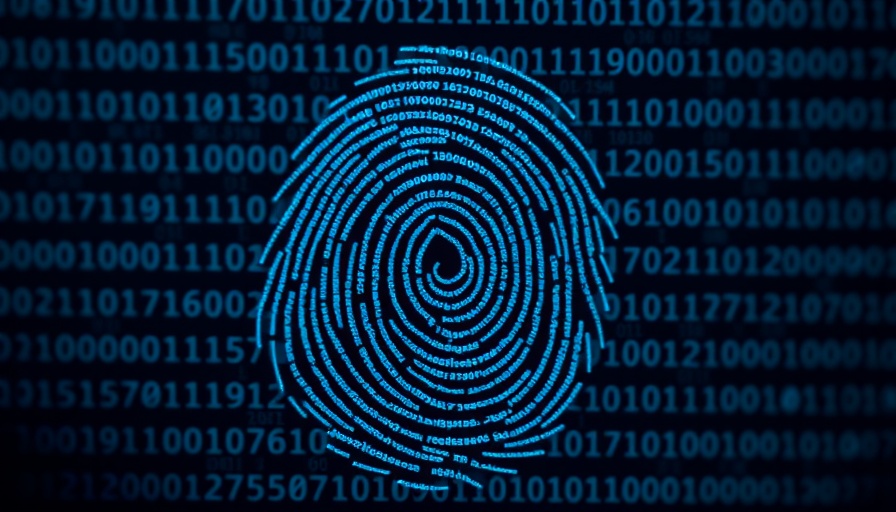
Understanding the Biometric Data Landscape
As technology continues to advance, businesses are increasingly turning to biometric data to enhance workplace security and efficiency. Employers, driven by the need for improved safety and productivity, have begun collecting intimate data such as fingerprints and retina scans. Some companies, like Amazon, integrate artificial intelligence to monitor employee movements, aspiring to create safer environments, particularly in high-risk job settings like warehouses. Meanwhile, wearable devices track essential health metrics, promising better workforce health outcomes.
Why Biometric Data Collection Raises Ethical Questions
While some might argue that collecting biometric data fosters a healthier and safer workplace, there are significant ethical considerations to weigh. Workers may feel uncomfortable or even violated by the constant surveillance that these practices entail. Data privacy emerges as a pressing issue, particularly if the data collected is used beyond its initial purposes, potentially leading to misuse or unauthorized access. This tension between innovation and ethical responsibility presents a complex challenge for leaders in business.
A Broader Perspective on Data Responsibility
For women entrepreneurs and aspiring leaders, the issue of biometric data collection is emblematic of broader themes in innovation and responsibility. As they navigate their journeys, understanding the implications of data collection is crucial. Embracing responsible practices not only protects employee welfare but also reinforces a brand’s integrity. Women leaders, especially, can take this opportunity to pioneer ethical standards in their industries, setting the stage for a future where innovation aligns with respect for individual privacy.
Practical Insights for Responsible Business Practices
To integrate biometric data responsibly, entrepreneurs can start by establishing clear data-use policies. Transparency is key; employees should be informed about what data is collected, how it will be used, and the measures in place to protect their privacy. Moreover, involving employees in discussions about data practices fosters trust and collaboration, creating a culture of openness. As women continue to break barriers in entrepreneurship, these practices could define a new standard for ethical leadership.
Final Thoughts: The Road Ahead
Navigating the complex terrain of biometric data collection requires both critical thought and empathy. As we look to the future, women entrepreneurs have the unique opportunity to shape the discourse around data responsibility. By taking a stand and promoting ethical practices, they can inspire not only innovation but also trust—laying the groundwork for the next generation of leaders in a data-driven world.
 Add Row
Add Row  Add
Add 




Write A Comment